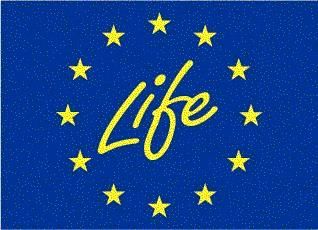Now the solution of problems in the sphere of environmental protection is admitted as the main aspect of relations between the European Union and Russia. Cooperation on environmental protection is a key part of the EU general strategy to Russia and that was approved by the heads of the states of the EU government at the Council of Europe in Cologne.
Considerable work on harmonization of the national ecological legislation with the international norms is carried out in the course of last years. Special attention is given to the development taking into account international experience and adoption of guidelines, standards and the rules limiting negative influence of economic and other activities on the environment and human health.
Russian Federation standards and legal base on environmental protection from negative technogenic influences are based on the adoption of guidelines that enclose lists of maximum permissible concentration of harmful substances in the environment.
The existing system of standards on disposal into basins, emissions into atmosphere and accommodation of waste is based on hygienic norms and on implementation of nature protection technologies in the end of a work cycle. The enterprise itself should decide how to observe the pollution limits.
Procedure of permit issue for economic activities is based on the strategy of pollution regulation at the final stage of the technological cycle, taking into account processes of dilution and dispersion, as well as of the principle «polluter pays». Each component of environment (air, water), and also accommodation of waste requires special permit.
European legislation clearly designates the strategic direction on the prevention of environmental contamination. Granting ecological permits is now guided by the prevention of pollution from a source by use of purer manufacture methodology that considers integration of norms and economic tools and by implementing monitoring and estimation of negative impacts on environment. Existing EU procedure of permit issue for economic activities allows state supervising bodies and agents of economic activities to consider and plan activities on reduction of emissions/disposals/generation of waste on the basis of established guidelines and adopted standards with the use of advanced home and foreign experience.
The basic acts in the European legislation are the Instruction of the European Union Council Directive 96/61/EC of 24 September 1996 concerning integrated pollution prevention and control (IPPC) and Council Directive 96/82/EC of 9 December 1996 on the control of major-accident hazards involving dangerous substances (SEVESO).
The federal law of December, 21st, 1994 N 68-ФЗ "On protection of population and territories from natural and technogenic emergencies" (with changes of October, 28th, 2002, and of August, 22nd, 2004) also replicates most provisions of SEVESO Directive. It refers to the objectives of the mentioned acts, responsibilities of the enterprises in emergency situations concerning population and territories protection, state control and supervision, public access to the information.
|


